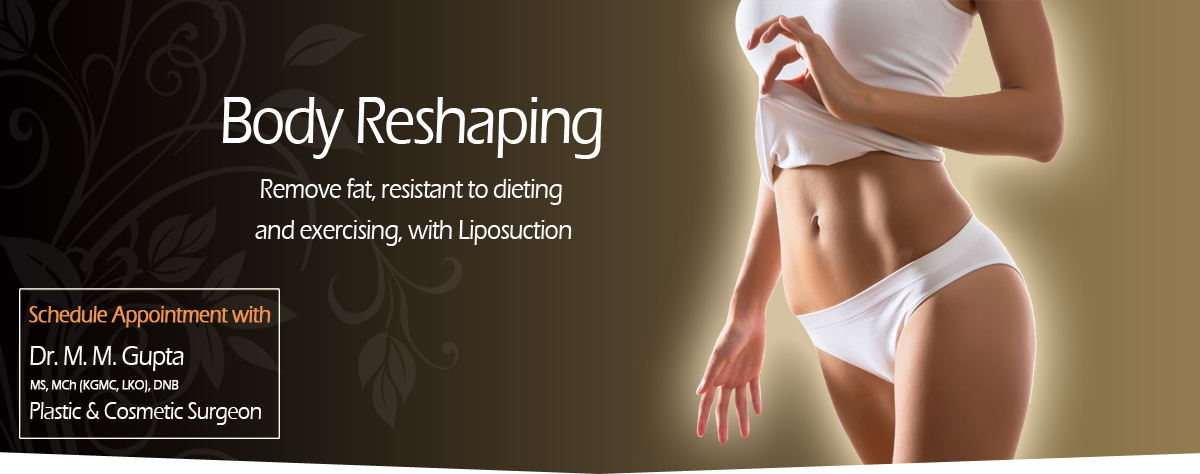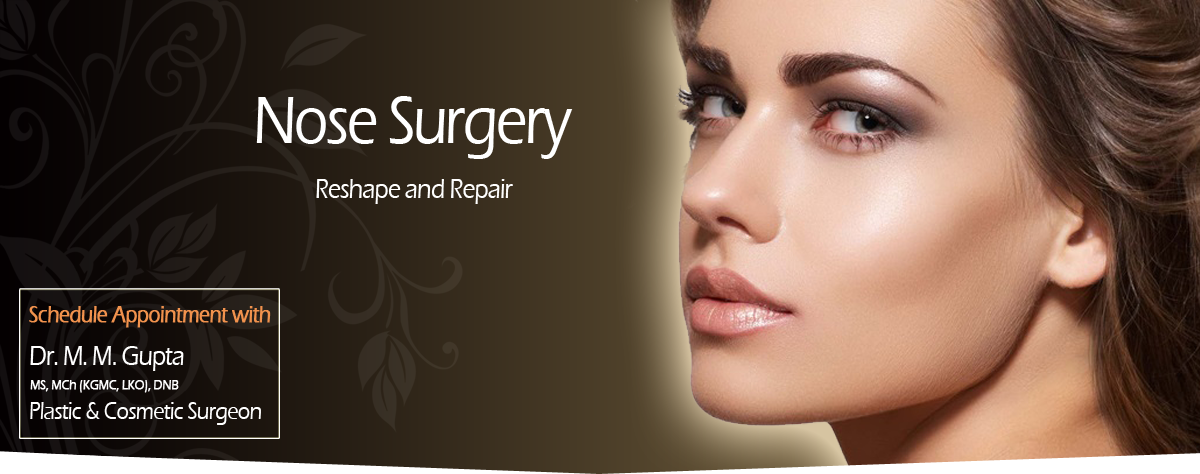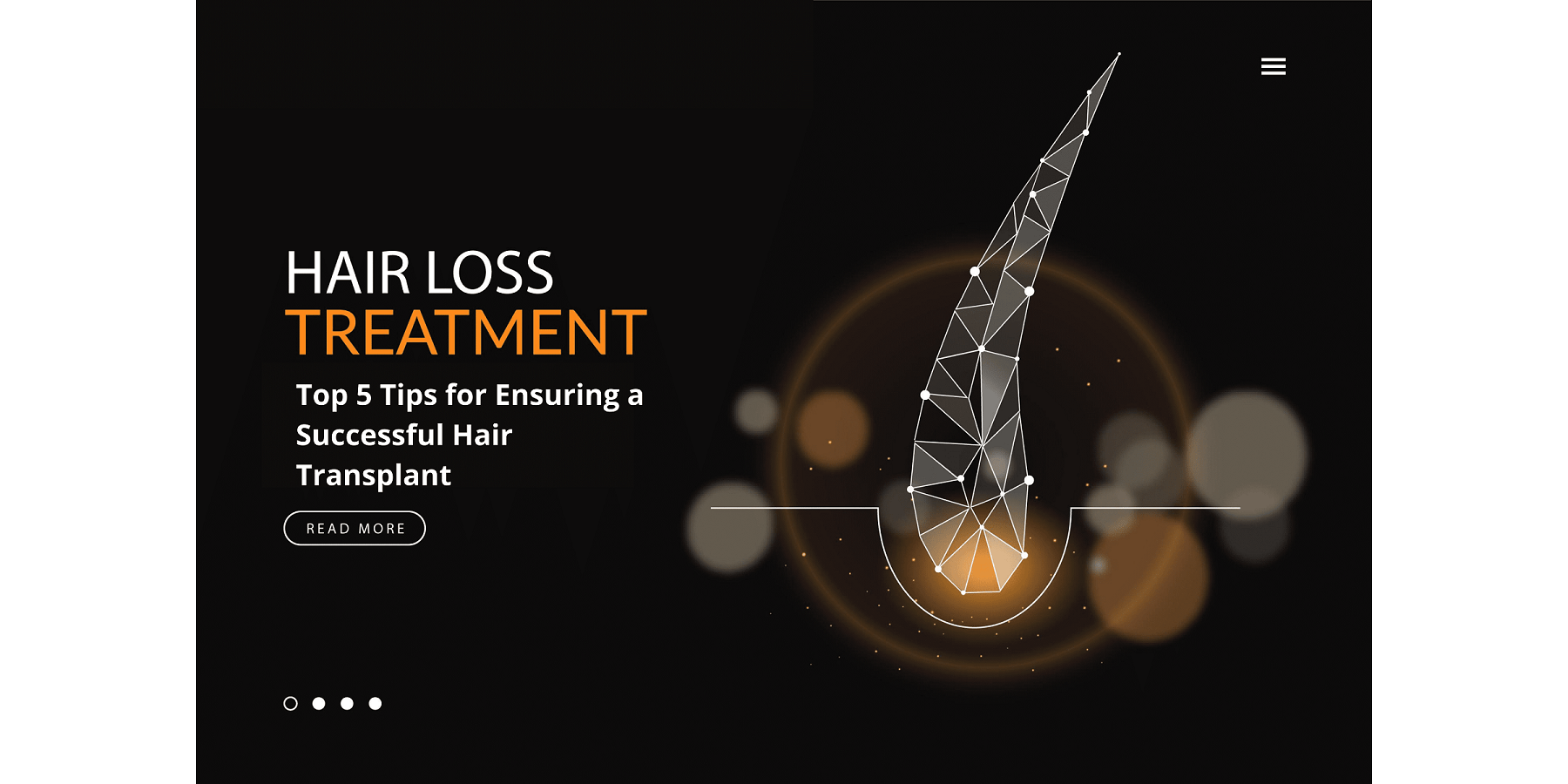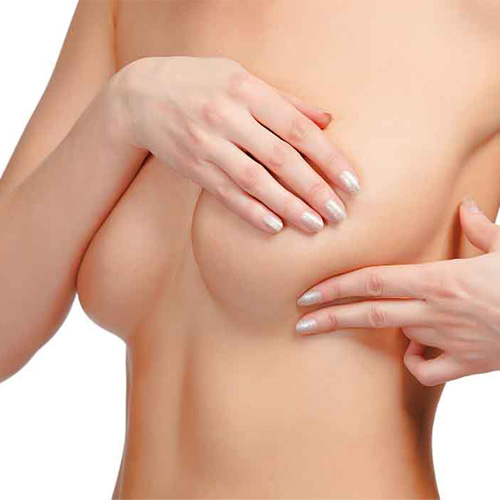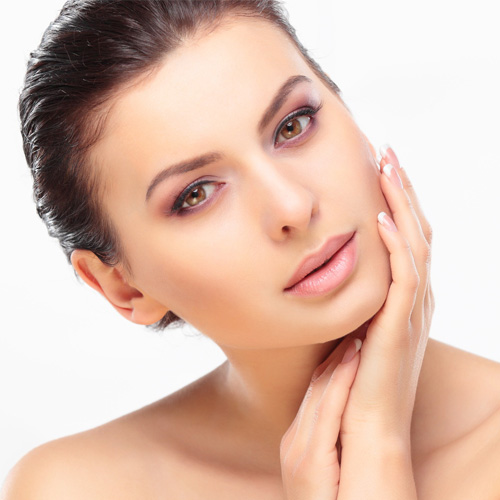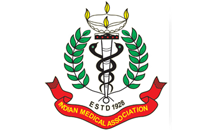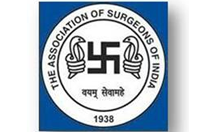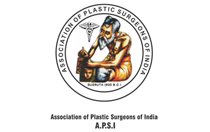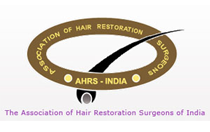- Pionee
Quick Contact
revivecliniclko@gmail.com
+91 9721476547, +91 8400746979

Dermabrasion Surgery
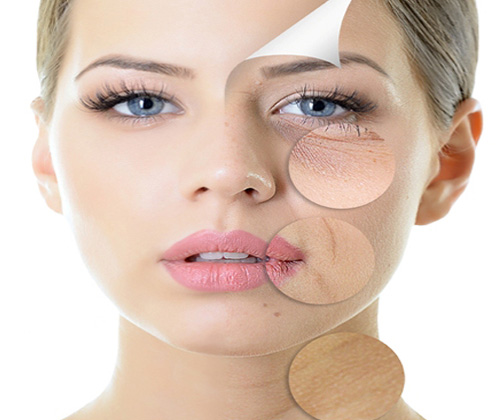
In dermabrasion, the surgeon scrapes away the outer few layers of skin with a rough wire brush, or a burr containing diamond particles, attached to a motorized handle. The scraping continues until the surgeon reaches the safest level that will make the scar, wrinkle or other skin blemishes less visible. This treatment has a shorter recovery time than some of the more invasive procedures, like a facelift.
Dermabrasion is used to treat damage and defects in the upper layers of the skin, such as:
- Acne scars. The most common uses for dermabrasion are to remove and improve the look of acne scars.
- Scars caused by surgery or trauma, if they are not deep.
- Surface skin growths, such as rhinophyma. In rare cases, it may be used to treat epidermal nevi.
- Color changes in the skin (solar lentigines or melasma). But chemical peels or laser resurfacing are used more often for these problems.
- Fine lines and wrinkles around the mouth (often causing "lipstick Bleed")
This procedure can be performed on a small area of skin or the entire face. There are virtually no age restrictions for dermabrasion. If you are in good general health, have a positive attitude and realistic expectations, you are most likely a good candidate for this procedure.
Recovery After Dermabrasion
Directly after the procedure, your skin will be fairly red and swollen, and eating and speaking may be difficult. The swelling will begin to subside within a few days to a week. It will take seven to 10 days for new skin to begin forming, new skin will be a bit swollen, sensitive, and bright pink for several weeks. During this time, you can gradually begin to resume your normal activities. You can expect to be back at work in about two weeks. It's important to protect your skin from the sun until the pigment has completely returned to your skin- as long as six to twelve months.
Immediately after your surgery, it may be necessary for you to avoid any strenuous activity, heavy lifting or straining. You should not use skin products containing alpha hydroxy acids, vitamin A (Retin A) or exfoliants until you get the OK from your surgeon. Ask your doctor when you can start applying cosmetics again.
Limitations and Risks in Dermabrasion
Fortunately, significant complications from dermabrasion are infrequent. All surgical procedures have some degree of risk such as- Infection and bleeding, Changes in sensation, Scarring, Allergic reactions, Unsatisfactory results that may necessitate additional procedures
Risks specific to dermabrasion are changes in the pigmentation of skin, bleaching creams prescribed by your doctor can help treat this symptom. You may experience thickened skin after your recovery from dermabrasion, cortisone treatments can help the skin return to normal.
You can reduce your risks by choosing a qualified plastic surgeon and closely following his or her advice. Most surgeons won't perform treatment during the active stages of acne because of a greater risk of infection. The same may be true if you've had radiation treatments, a bad skin burn, or a previous chemical peel.
You may not be a good candidate for dermabrasion if you:
- Have used isotretinoin (a drug used to treat acne) within the last 6 to 12 months.
- Have recently had a face-lift or brow-lift. Skin areas that were not affected by the lift can be treated.
- Have a history of abnormal scarring (keloid or hypertrophic scars).
- Have an active herpes infection or other skin infection.
- Have a skin, blood flow, or immune problem that could make healing harder.
Why Revive Clinic?
- Our Treatment ApproachAt Revive, we have an individualized management of all the surgeries, amongst which one is Dermabrasion Surgery, which is acne scars or pimple scars removal surgery
- Acne/Pimple Scar Treatment - Our ViewWe at Revive believe that pimples or scars should be treated as they often become noticeable because our skin looses collagen.
Dermabrasion FAQ's
Q. What is dermabrasion?
Dermabrasion is a skin resurfacing procedure used to improve the skin quality and texture. It works by removing the top layer of the skin, allowing the new skin to grow and replace the previous skin
Q. How Long Will the Results Last?
Depending on the depth and length of your treatment, results will vary; however, you can expect your skin blemishes to be reduced or eliminated for a relatively long time following the procedure. That being said, it's important to remember that your skin will continue to age over time - meaning new blemishes may form while those that were removed with dermabrasion could return.
Q- What are the options for skin resurfacing?
There are many different options that are available for skin resurfacing which include chemical peels, laser skin resurfacing, and dermabrasion. Procedures vary from non-surgical which are done in our Medical Spa to surgical. Depending on the level of damage to the skin and desired result, Dr. Gupta will discuss what procedure will best fit your needs.
Q- Can I get skin resurfacing done in the summer?
You can have skin resurfacing done in the summer, however it is extremely important to keep resurfaced skin out of the sun to minimize pigment changes. This can be accomplished by utilizing proper sun protection such as sunscreen, hats, sunglasses, etc.
Photo Gallery FAQWhat makes us unique?
Our Efficiency | Our Competency | Our Reliability | Our Dedication | Our Expertise in the respective fields.
Best Doctors
We have a team of doctors who are best in their respective fields of specialization for best results and maximum patient safety.
Best Plastic & Cosmetic Surgeon
MBBS, MS, MCh, DNB
- Our plastic and cosmetic surgeon are highly trained and best Hair Transplant Surgeon with more than 14 years of experience in doing Hair Transplant with excellent & world-class results.
- The most trusted, skilled, and experienced Hair Transplant and Cosmetic Surgeons in Lucknow and Varansi is owned by Revive Clinic
- Our surgeon is a Pioneer of the FUT technique of Hair Transplant in Uttar Pradesh.
- Our surgeon is a Pioneer of the FUE technique of Hair Transplant in Uttar Pradesh.
Best Gynecological Surgeon
MBBS, DGO, DNB
- Our gynecological and obstetrics doctor is highly trained Obstetrician, Gynecologist & Laparoscopic Surgeon with more than 17 years of experience.
- Our gynecological and obstetrics doctor is working as a Senior Consultant Obstetrician & Gynecologist at Fatima Hospital, Lucknow.
- Revive Clinic posseses one of the best and highly experienced Obstetrics & Gynecology & Laparoscopic doctors in Lucknow.

Testimonials
Video

Ultra-modern Centre
Hair Transplant Center
- We have state of art ultra-modern facility for hair transplant. We use ultra-hygienic and the best safety method for patient care.
- We have a dedicated Hair Transplant Operation Theater (Hair Lab.) with temperature and humidity control, ergonomically designed cutting platform, cold lights, ceiling lights with heat filters, preventing any damage to the Hair grafts.
- Revive Clinic is one of the leading hair transplant clinics in Lucknow, Uttar Pradesh, India. Our hair treatment procedures are best in class and give the best results.
- We offer the best hair transplant treatment with all the latest and best techniques & instruments.
- We ensure maximum patient's privacy, it is our first priority.
Obstetrical & Gynecology Treatment
- We have advanced facilities & equipment for providing the best obstetrical & gynecological treatment.
- All treatments are done by our highly experienced doctor taking utmost care for giving the best results and high priority for patient safety.
- At Revive we evaluate every patient for normal delivery as a primary option, doctor opt for caesarian delivery only in high-risk conditions for the safety of mother and baby.
- Revive clinic is one of the best obstetrical & gynecological clinics in Lucknow.
- Revive Clinic offers a wide range of obstetrical & gynecological care i.e. From contraceptive counseling to general gynecological & obstetrical services including Infertility Treatment for women at different stages of life, we are best in our field.
Best Results
- Our success is well spoken by thousands of our happy and satisfied patients of Hair Transplant & Plastic & Cosmetic Procedures both national as well as international. We are committed to patient's safety & satisfaction.
- 100% natural-looking results are given by our best hair transplant and cosmetic surgeon, with no side effects.
- We provide the best hair transplant & cosmetic Surgery results at very affordable costs.
- We have excellent results for infertility treatment.
- We give the best results for all Obstetric & Gynecological problems at a very affordable cost.
Professional Staff
Why us

State of Art CenterLatest Equipment & Techniques
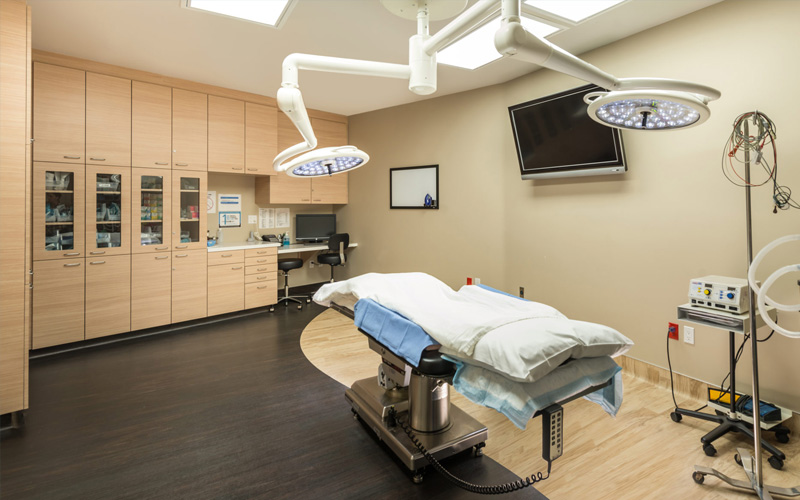
- We use latest Equipments & Techniques to deliver top class Treatments
- Our center have relaxing environment with modern facilities and look
Qualified Doctor & StaffBoard Certified and Specialized Team

- Dr. M. M. Gupta is; experienced, highly qualified and skilled cosmetic surgeon; providing surgical services of International Standard.
- Our team consists of trained and caring staffs, available 24x7 for patient's care.
World Class ResultsMaximum Patient Satisfaction

- Combination of State of Art Center and Experienced, Highly Qualified & Skilled Cosmetic Surgeon bring out world class results, every patient expect.
- You can see Live Surgical Procedures and also meet our satisfied clients to gain confidence about our Excellent Results.

Our Specialities



Quick Contact
revivecliniclko@gmail.com
+91 9721476547, +91 8400746979
Mail Your Query Here

Credentials
Face
Hair & Skin
Body
Breast





